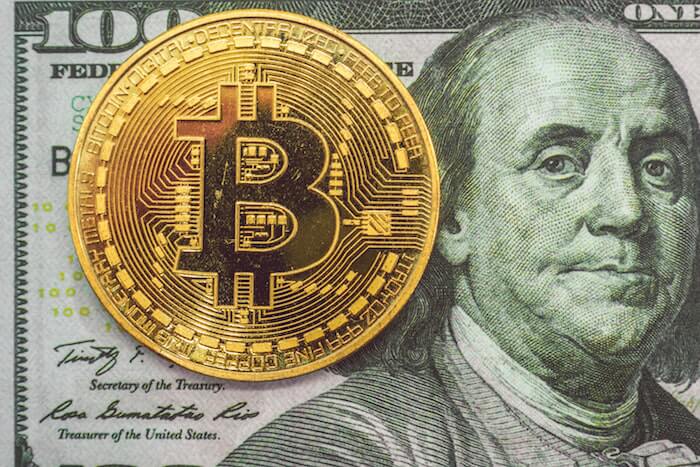Intriguing musings arise when contemplating the perpetual metamorphosis of monetary systems throughout the annals of time. Throughout the expanse of history, the utilization of gold and sovereign currency has endured, facilitating trade endeavors with heightened convenience, security, and efficacy.
In contemporary society, a multitude of currencies, such as the revered USD, GBP, and EUR, grace our economic landscape. However, at its core essence, irrespective of their individual natures, each currency represents a mere assertion, a claim vested in a tangible entity—be it gold for sovereign currency or the illustrious Bitcoin for the enigmatic realm of cryptocurrency.
it should hold the following properties:
Value Hinging on Scarcity
In the grand tapestry of valuable currencies, one undeniable prerequisite stands tall: scarcity. In this regard, Bitcoin dons a cloak of singularity, standing apart from the throngs of other monetary forms. Its uniqueness lies in its finite supply, an attribute carrying tremendous significance. The intricate web it weaves ensures that as the clamor for bitcoins escalates, their value dances in tandem. Never shall the universe witness more than 21 million bitcoins gracing the realm of circulation, and this symphony births stability and safety in its wake.
The Enigmatic Facet of Durability
Stepping into the realm of digital currency, we embark upon a captivating journey through uncharted waters. It is here that an intriguing attribute unfolds, painting a vivid tableau of uniqueness. Unlike its counterparts, whose value capriciously oscillates with the passage of time, the worth of a bitcoin remains eternally steadfast. This profound characteristic bestows upon it an aura of imperviousness, rendering it the quintessential vessel for storing value over extended periods. Shielded from the ravages of inflation and deflation, it stands resolute, a beacon of unwavering constancy in an ever-changing landscape.
Fungibility
Fungibility is the concept that all goods or currencies are interchangeable. In general, this means that when two items are in the same state or condition, the shopper does not recognize significant differences between them and therefore would exchange them without noticing any difference. The factor which may put a chink in the fungibility of bitcoin is its traceability and history.
Divisibility
The smallest unit in cryptocurrency is known as a Bit. At the fractional value of 0.000001 Bitcoin, or its succinct version of 0.00000001 BTC, this monetary unit derives its nomenclature from the primitive measurement of a boatload of wood – the infamous “bit.” Said term once held sway in the North American region during the late 80s and early 90s, denoting objects of diminutive proportions that could be transported either by foot or by horseback.
Delving deeper into the realm of this digital denomination, we encounter the notion of portability. Bitcoin, an omnipresent and decentralized global currency, defies the shackles of central authority, rendering itself transmissible from one individual to another devoid of intermediary control. The primary catalyst behind its soaring prominence lies in its uncanny ability to traverse the globe with celerity, promptly transferring monetary worth with negligible associated expenses.
Thirteen years have transpired since the advent of Bitcoin, and the enduring prevalence of this digital treasure stands as a testament to its unwavering fortitude. The allure of this virtual medium persists due to the populace’s relentless yearning for secure and autonomous financial exchanges bereft of reliance on tertiary systems.


